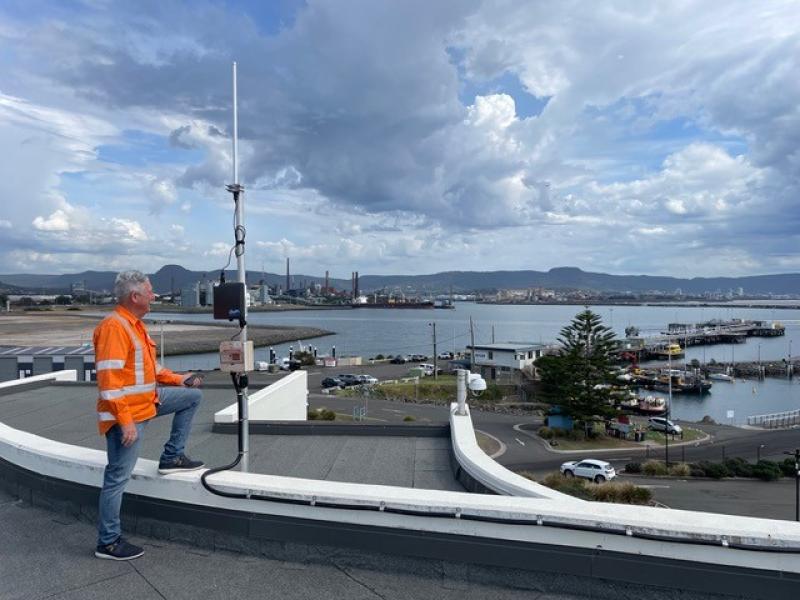People outside industry might be surprised to learn that there is no one-size-fits-all automation system for a programming package. Or, that control applications written for one company’s platform usually won’t run on another company’s platform without at least a few tweaks. In daily life it is taken for granted that we can visit an app store of choice and download any app without worrying if it’s compatible with an individual phone or device. Imagine if that was the same in the industrial context?
Technology should work together with people to make their lives easier, states Schneider Electric. When it doesn’t, it’s actually a hindrance. In 1968 the company developed the Modicon Programmable Logical Controller to make it easier and less costly to build, reconfigure and operate a plant. This established Schneider’s legacy of automation systems that enable profit. The solution fuelled innovation, advancement, and higher levels of manufacturing profitability for the next 50 years.
To continue playing the role of profit enabler in manufacturing it’s time we gave up dependency on proprietary systems and make way for the next wave of innovation.
What does the future of industry with open standards look like?
One of the inevitable outcomes of open standards in is an industry app store. This will be a great thing for both industrial customers and vendors, states Schneider, because it would:
· Improve the quality of applications
· Bring the cost of engineering down
· Increase the speed of innovation
The status-quo stifles innovation in industry and manufacturing
Today, industrial businesses face barriers to technological innovation at the simplest level. We now have more access to operational data than ever before, but where and how do you find the right software application that’s suited to your needs? With present technology, you either find an app written for your automation system or build one from scratch.
The new era of industrial automation
Schneider is already building these capabilities into its automation technology. For example, if an app store already existed next generation open automation systems like EcoStruxure Automation Expert could be shared by multiple companies who could develop and share code for specific applications (e.g. to control a pump or conveyor). This would run on anyone’s automation platform, so users would have a choice of already proven, best-in-class technologies, even if they were originally designed for EcoStruxure Automation Expert. This would result in a wider choice and higher quality of software, for a range of different industries and applications.
Ultimately, just like Schneider did with the Modicon Programmable Controller, there is a need to make it easier and less risky for businesses to invest in new technology. Businesses would be faster to innovate and make step-change improvements to efficiency, sustainability, and profitability. This would ripple across the whole of industry leading to more business for control system suppliers, too.






